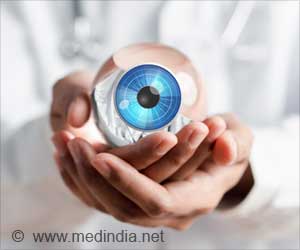Engineering researchers are designing a pill which confirms that patients have taken their medication, at the University of Florida.
The boffins have added a tiny microchip and digestible antenna to a standard pill capsule. The prototype is intended to pave the way for mass-produced pills that, when ingested, automatically alert doctors, loved ones or scientists working with patients in clinical drug trials."It is a way to monitor whether your patient is taking their medication in a timely manner," said Rizwan Bashirullah, UF assistant professor in electrical and computer engineering.
Such a pill is needed because many patients forget, refuse or bungle the job of taking their medication.
The American Heart Association calls patients' failure to follow prescription regimens "the number one problem in treating illness today."
Bashirullah, doctoral student Hong Yu, UF materials science and engineering Professor Chris Batich and Neil Euliano of Gainesville-based Convergent Engineering designed and tested a system with two main parts.
One part is the pill, a standard white capsule coated with a label embossed with silvery lines. The lines comprise the antenna, which is printed using ink made of nontoxic, conductive silver nanoparticles. The pill also contains a tiny microchip, one about the size of a period.
Advertisement
Bashirullah said the pill needs no battery because the device sends it power via imperceptible bursts of extremely low-voltage electricity. The bursts energize the microchip to send signals relayed via the antenna. Eventually the patient's stomach acid breaks down the antenna - the microchip is passed through the gastrointestinal tract - but not before the pill confirms its own ingestion.
Advertisement
The team has successfully tested the pill system in artificial human models, as well as cadavers.
Source-ANI
TRI










